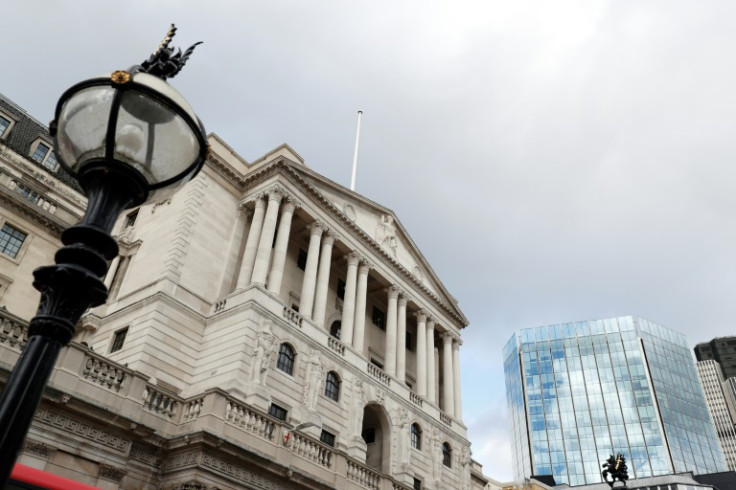
A recent report by the House of Lords Economic Affairs Committee has sparked a contentious debate about the effectiveness and scope of the Bank of England's responsibilities. The committee's critical analysis suggests that the Bank's remit needs to be reevaluated, highlighting concerns about its handling of the cost-of-living crisis.
The Bank of England has long been tasked with maintaining inflation at a steady rate of around 2 per cent, a target set by the Treasury. However, the Lords Economic Affairs Committee has raised issues regarding the Bank's expanded objectives in recent years.
They argue that the institution has become overstretched, delving into areas like energy security and climate change in addition to its core focus on monetary policy and financial stability.
The committee asserts that the Bank's efforts to address multiple concerns have led to a lack of focus and potentially compromised its effectiveness. This lack of singular dedication has been pointed out as a contributing factor to the recent surge in inflation, which soared to its highest level in 41 years, peaking above 11 per cent.
Witnesses cited in the report highlighted concerns about the Bank's limited intellectual diversity and an over-reliance on inadequate forecasting models, which resulted in a persistence of above-target inflation.
Criticism has also been directed at the Bank's delay in adjusting interest rates to mitigate demand within the economy. Initially believing the inflation surge to be transitory – a temporary phase – akin to other major central banks, it was slow to react. The unforeseen impact of the Russian invasion of Ukraine, compounded by subsequent sanctions imposed on Russia, further exacerbated the inflationary pressures.
The Bank eventually responded by raising interest rates consecutively 13 times, starting in December 2021 and continuing until the summer. While it was among the first Western central banks to take such measures, it admitted flaws in its forecasting models and initiated a review, spearheaded by former US Federal Reserve chairman, Ben Bernanke.
In light of these events, the Lords Economic Affairs Committee proposed several recommendations. One significant suggestion was the need for increased parliamentary scrutiny of the Bank's operations due to the expansion of its regulatory oversight.
The committee expressed concerns about a potential democratic deficit, which could undermine confidence in the Bank's operational independence. They advocated for an overarching parliamentary review of the Bank's remit, performance and operations to address these concerns.
In response to the report, the Bank of England acknowledged the committee's findings and stated that it would carefully consider the recommendations before issuing a formal response.
Amidst these debates and criticisms, the economic landscape in the UK has witnessed significant turbulence.
House prices have seen an annual decline of 1.1 per cent, with the most substantial drops observed in commuter towns around London and the wider southeast region. The cost-of-living crisis has plagued the nation, driven by surging prices for food and energy, contributing to record-breaking inflation levels.
However, a recent release of data by the Office for National Statistics (ONS) offered a glimmer of hope, indicating that regular pay in the UK is increasing at a faster rate than inflation for the first time in almost two years.
The Bank of England's Financial Policy Committee voiced apprehensions regarding inflated high-risk assets, cautioning that a market correction might ensue should economic growth stumble. This mirrors a broader concern surrounding the stability of financial markets amidst persistent uncertainties.
Offering a global viewpoint on the UK's economic hurdles, the International Monetary Fund (IMF) projected a challenging road ahead. The IMF anticipates the UK to exhibit the most sluggish economic growth among G7 nations in the upcoming year.
Despite a slight uptick in the GDP growth projection for the current year, the UK is slated to expand by a mere 0.5 per cent, positioning it as the second weakest performer in the G7, trailing only behind Germany.
Furthermore, the IMF downgraded its forecasts for the UK's economic growth in the following year, revising the anticipated growth rate to 0.6 per cent. This would rank the UK at the bottom of the G7 list for economic growth in 2024.







